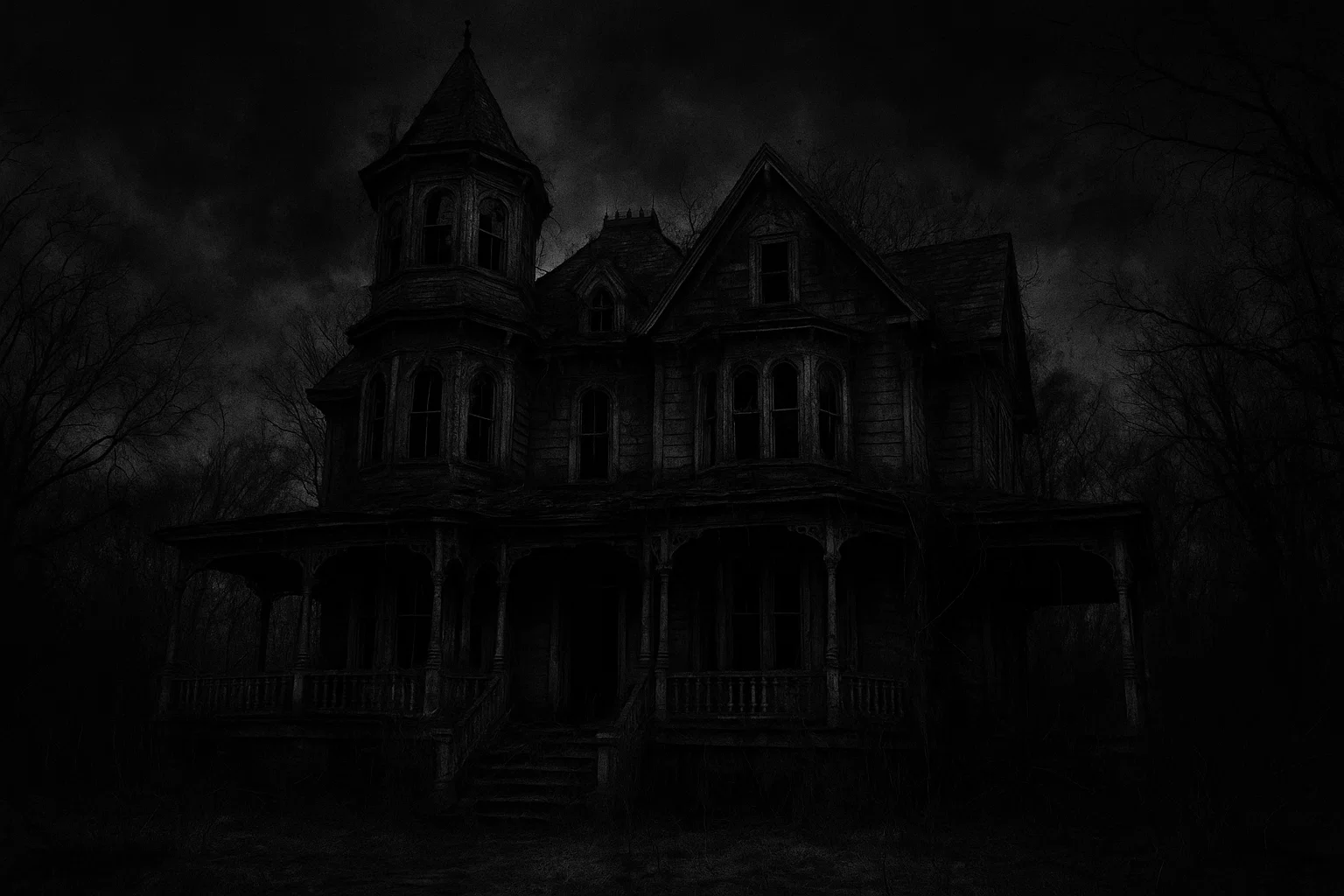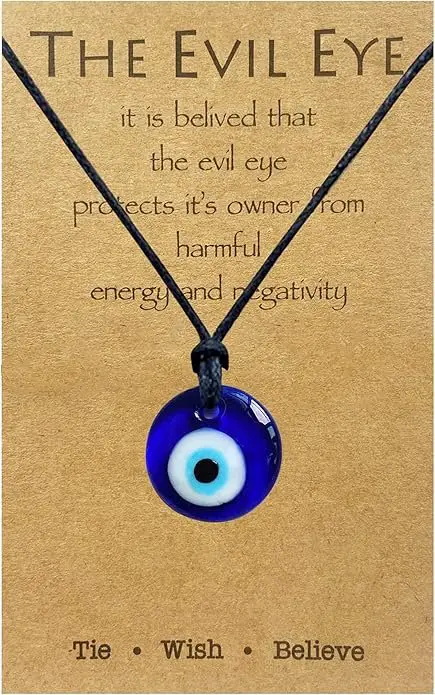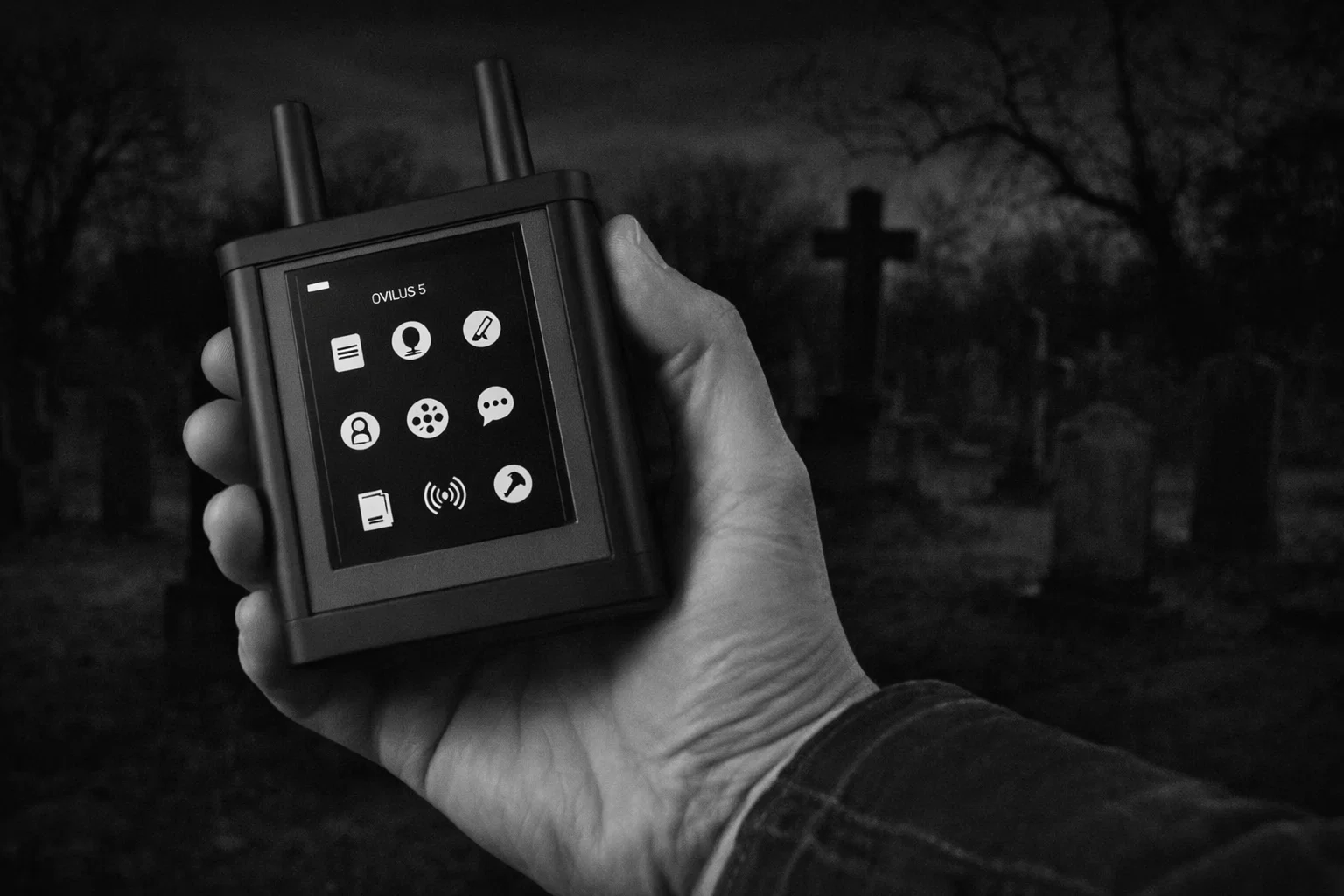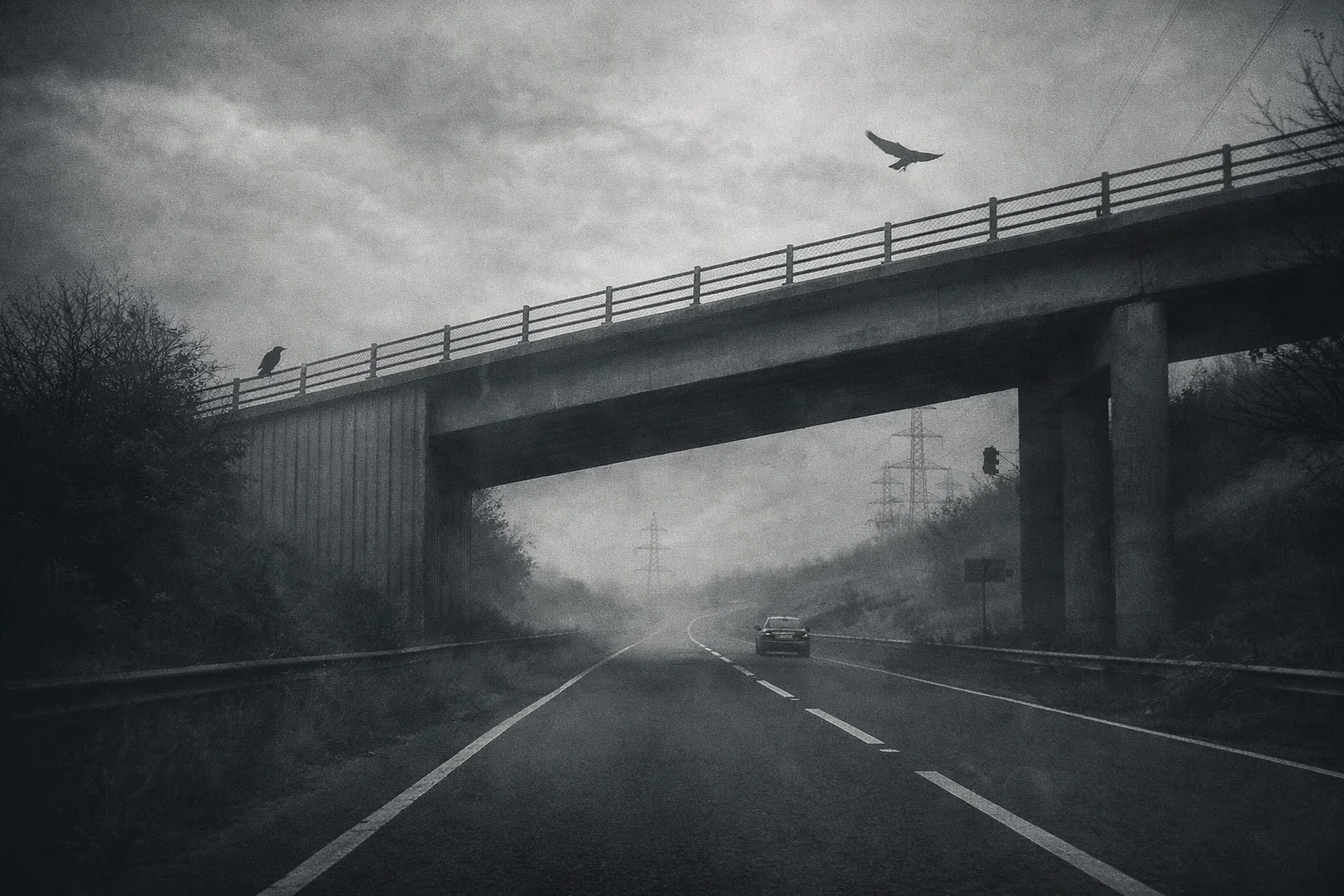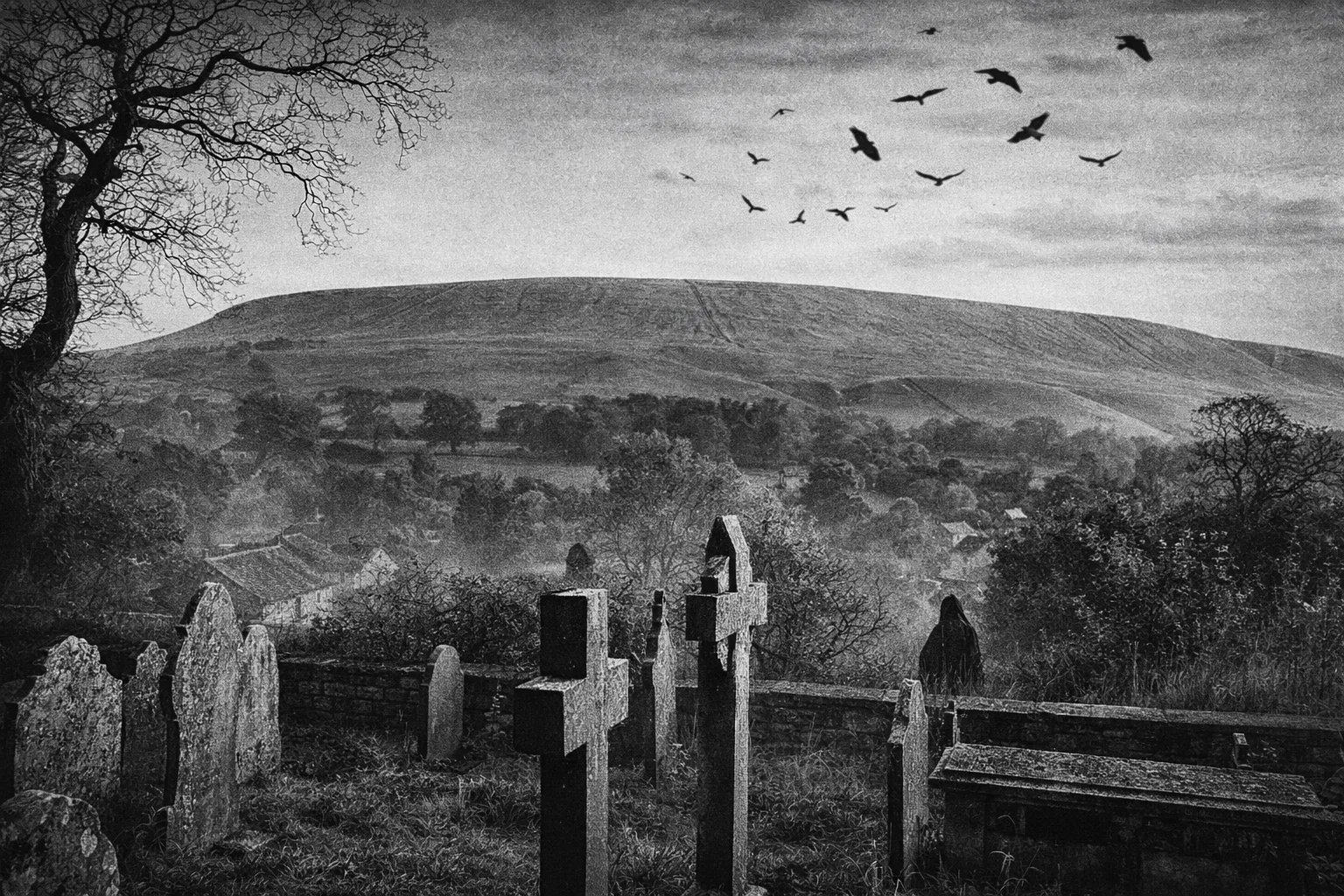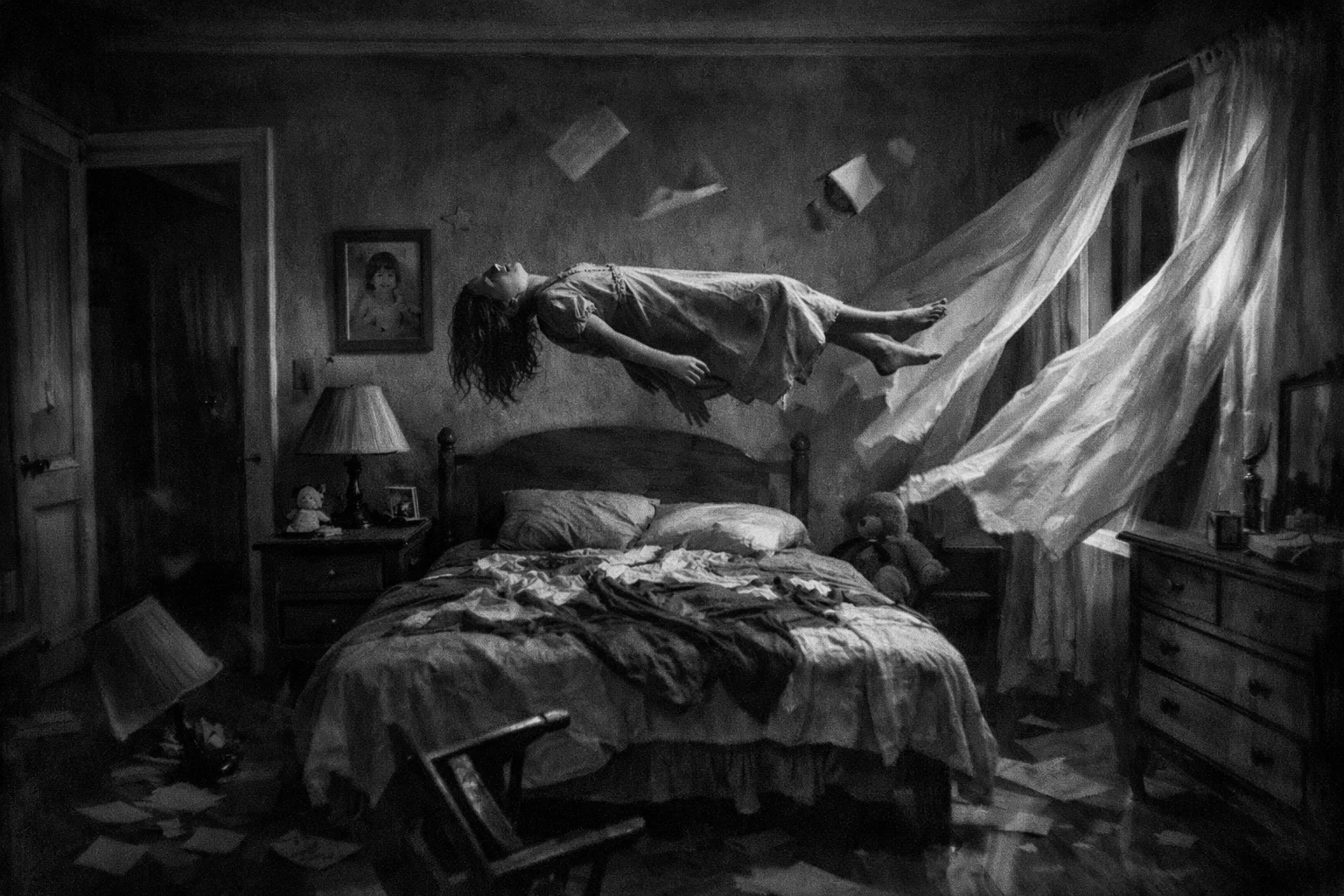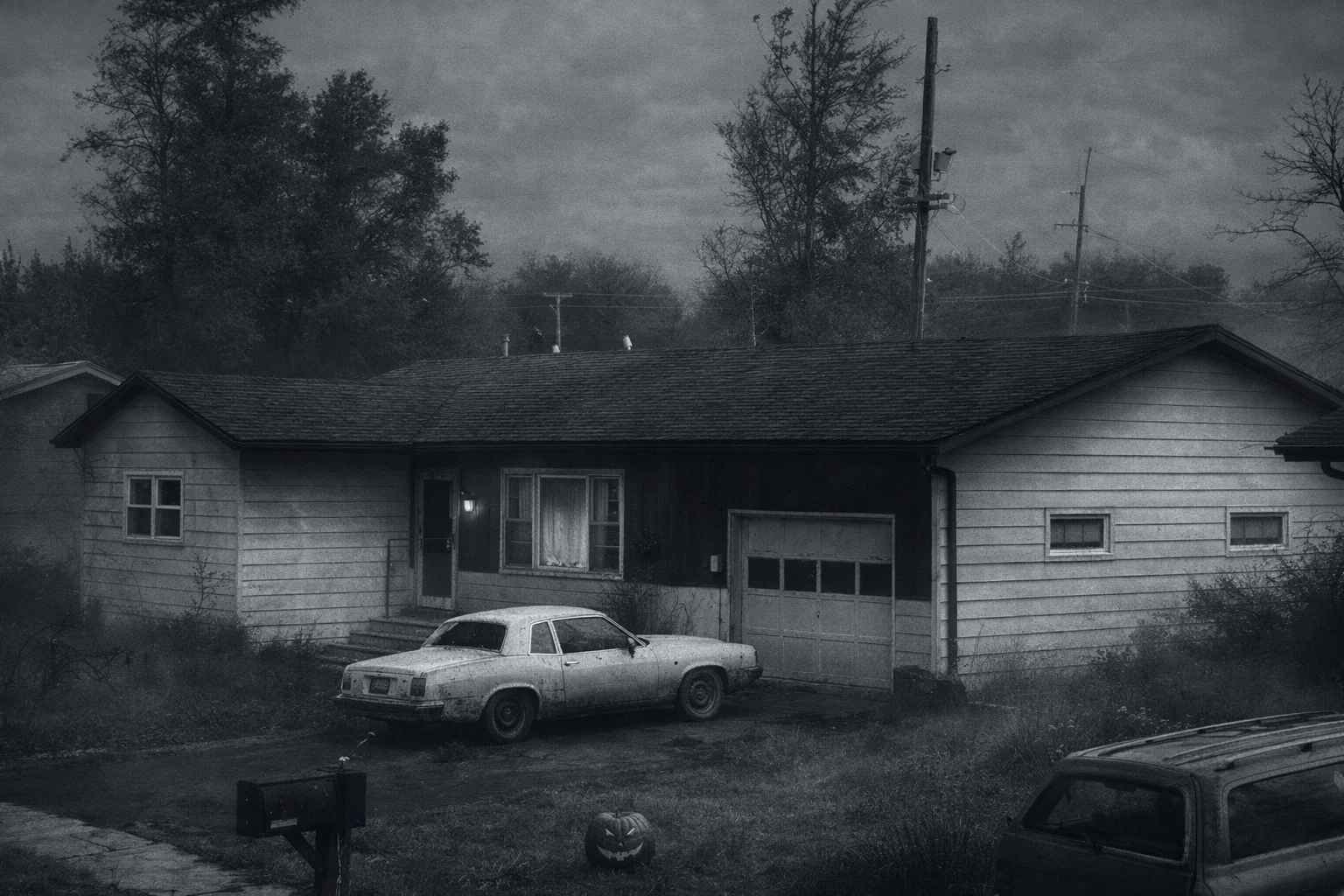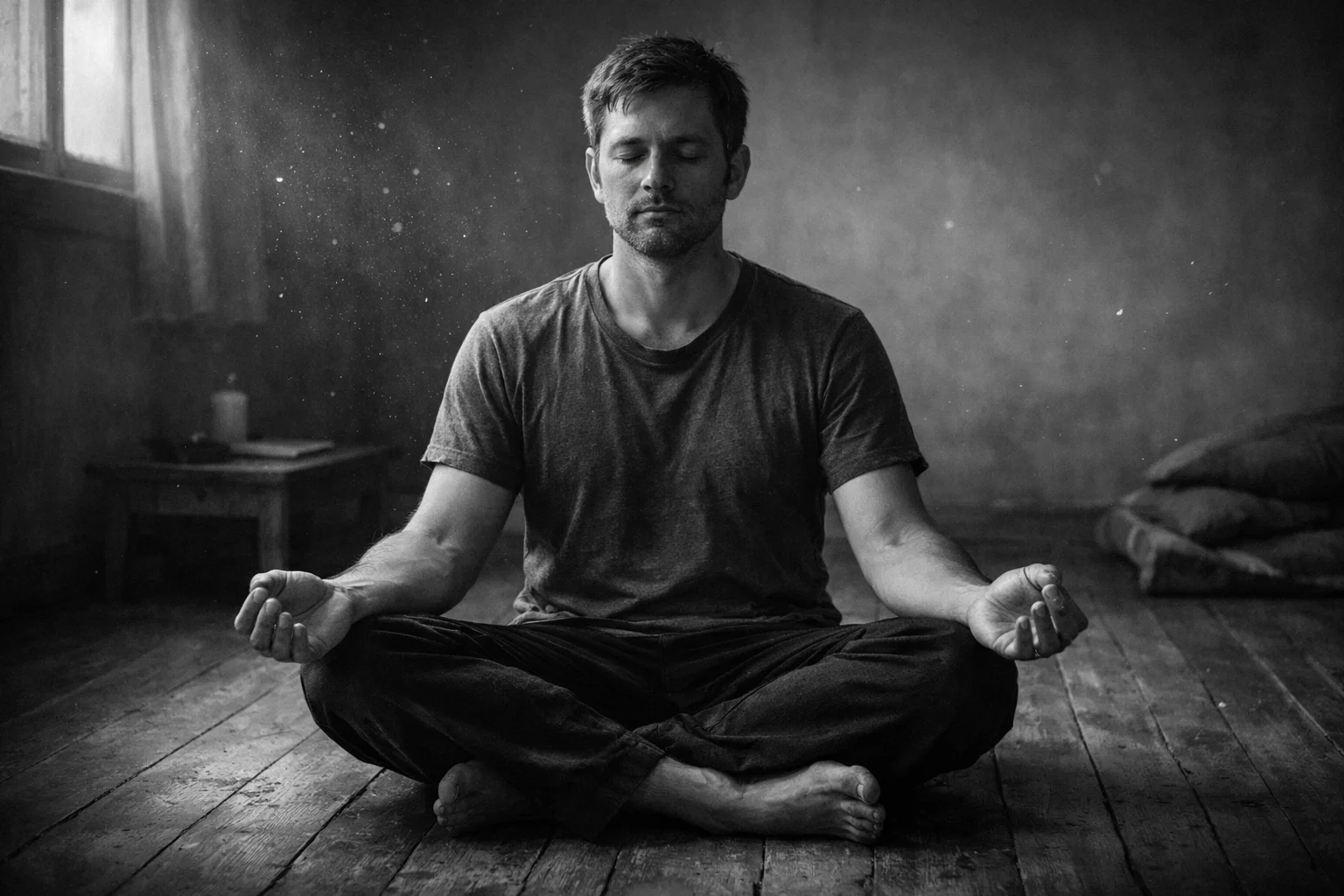In “The House That Feeds“ horror story, a skeptical paranormal investigator moves into a decaying Victorian house, seeking to craft his next creepy story for profit. But when he uncovers a sealed attic room, this ghost story takes a dark turn. Strange whispers echo from the walls, and fleeting shadows hint at a presence that defies explanation. As the house’s oppressive silence grows, this scary ghost story unravels a mystery tied to vanishings and an entity that hungers for more than just fear. Perfect for fans of haunting tales, “The House That Feeds“ delivers a spine-tingling descent into the unknown.
The Victorian house sagged at the edge of town, its shingles peeling like old skin, its windows dark and unblinking. Alex pulled up in a rented van, the late April sun casting long shadows across the overgrown yard. He stepped out, boots crunching on gravel, and smirked.
This place was a goldmine—creepy enough to sell a haunting without much effort. He’d done this before: buy cheap, stage some “paranormal” activity, post it on his blog, and cash in on the clicks. The gear in his van—cameras, mics, speakers—was his toolkit, and he wielded it like a conman’s charm.
The house stood silent as he hauled boxes inside, its air thick with dust and mildew. Upstairs, a sealed panel high on the hallway wall caught his eye—a perfect hook. He’d “discover” it later, on camera, for maximum drama.
The first night passed uneventfully. Alex set up in the living room, laptop humming as he sketched out his script: creaking floors, faint whispers, a shadowy figure. Standard stuff. The house didn’t creak or groan, though—it just sat there, cold and still. He liked that.
Quiet meant he controlled the narrative. Before bed, he tested a speaker in the hall, letting a pre-recorded “help me” drift through the dark. It sounded good. This was going to be easy.
The next morning, he drove into town for breakfast, craving coffee and a chance to scope out local flavor. The diner was a squat brick building, its windows fogged with grease. Inside, heads turned as he slid into a booth.
Locals—gray-haired men in flannel, women with pinched faces—watched him over their mugs, their voices dropping to murmurs. He caught fragments: “that house,” “not again.”
Alex grinned into his eggs. Nosy small-towners were a bonus; they’d fuel the myth he was building.
As he left, an old woman intercepted him on the sidewalk, her fingers clawing at his sleeve. Her hair was a wild gray tangle, her eyes too wide. “It’s been waiting,” she rasped. “It takes what’s inside you—don’t stay.” He pulled free, forcing a laugh. “Thanks for the tip,” he said, already filing her words away for his post.
Crazy old bat. She’d be a hit with his readers.
Back at the house, he spent the day rigging his setup. Cameras went up in the living room and hall, angled for effect. A microphone hung near the attic panel, ready to catch his planted sounds.
Why Do So Many Successful People Secretly Wear a Little Blue Eye?
Limited time offer: 28% OFF. For thousands of years, the Turkish Evil Eye has quietly guarded wearers from the unseen effects of jealousy and malice. This authentic blue glass amulet on a soft leather cord is the real thing – beautiful, powerful, and ready for you.
He climbed a stepladder and pried at the sealed edge with a crowbar, wood splintering to reveal a narrow crawlspace. Dust stung his eyes as he squeezed inside, flashlight sweeping over bare boards and cobwebs. No windows, no furniture—just an empty, oppressive box.
Perfect.
He filmed the “break-in,” hamming it up with a tense whisper: “What’s this doing here?” That night, he ran a fake EVP session downstairs, asking, “Who’s here?” through the mic. His speaker hissed back a soft “get out”—his own recording. Satisfied, he crashed on the couch, the house still silent around him.
The next morning, he hunched over his laptop, editing footage. The attic clip played—his crowbar cracking wood, dust swirling—and then something flickered.
A small shadow, child-sized, stood in the frame’s corner, gone when he blinked. His pulse jumped. He rewound: nothing. Just a blur of light, maybe a lens flare. Still, it looked… familiar.
He shook it off, sipping stale coffee. Tricks of the eye didn’t mean anything. He’d seen worse after long nights. The clip stayed in—his followers would eat up the “mystery.”
Days blurred as he settled in, tweaking his setup. The house felt heavier each morning, the air denser, but he blamed the lack of ventilation.
One night, bleary-eyed from editing, he glanced up—and froze. In the hallway, a small figure stood, silent, facing him. A child, slight and pale, with dark hair falling over its face. His breath caught.
It was gone when he blinked, the hall empty. He rubbed his eyes, heart thudding. Sleep deprivation, he told himself. Or grief. He didn’t believe in ghosts—hadn’t since the mediums failed him years ago, spinning lies about his loss. But that shape… it tugged at something buried. He pushed it down and focused on his work.
The next evening, it happened. He was in the attic, testing camera angles, when a sound crawled out of the walls—“Daddy…”—low and hollow, like a voice trapped in stone.
He spun, flashlight darting.
Nothing.
The word hung there, then faded. His speakers were off, unplugged downstairs. He swallowed, rationalizing: wind through a crack, old pipes settling. But it didn’t sound like either. It sounded like his name, deliberate and slow.
Warning: Do NOT Read This Collection Alone After Midnight
Limited-Time: Volume 1 for FREE!
Real reader reviews: “Had to sleep with the lights on for a week,” “Story #17 still makes me afraid of the dark,” “I finished Volume 1 and immediately bought the next 20.” Over 30 original short horror masterpieces designed to make you terrified of perfectly ordinary things.
He climbed down, pulse loud in his ears, and replayed the mic recording. There it was: “Daddy…” Not his voice. Not his tech. For the first time, a sliver of doubt pierced his confidence. He didn’t sleep much that night, the house’s silence louder than before.
Morning brought clarity—or stubbornness. This wasn’t a con anymore. He scoured the attic, finding faint scratches inside the panel, too high for a person to reach without a ladder. Online, he dug into the house’s past: no ownership records, just whispers of vanishings tied to the address.
People gone, bodies found shriveled like husks. The forums were vague, unreliable, but the pattern stuck with him. Then, as dusk fell, he saw it again—the child’s shape, standing in the attic doorway, motionless. Dark hair, small hands.
His throat tightened. “Jamie?” he whispered, the name slipping out unbidden. No answer. The figure vanished. Jamie—his child, lost five years ago to a sudden fever.
The mediums had promised contact, taken his money, and delivered nothing. He’d turned his grief into a shield, then a hustle. But this… He grabbed a camera and filmed the empty space, his voice shaky.
“If you’re here, show me.” Nothing came.
He woke the next day feeling like he’d run a marathon, skin clammy, limbs sluggish. The house pressed in—floorboards groaned without footsteps, walls seemed to flex when he wasn’t looking.
No whispers, just a weight he couldn’t shake. While editing footage, he caught a glitch: a camera in the attic showed a faint, shadowless distortion bending the air. His chest ached, but he kept going.
That night, the child stood at the attic’s edge again, closer now, face hidden. Alex’s knees buckled. It was Jamie’s height, Jamie’s frame. He didn’t believe—couldn’t—but he whispered their name again, reaching out. The shape dissolved. He sat there, staring at the dark, unwilling to leave. Not yet.
Desperation took over. He grabbed a sledgehammer and tore into the walls—living room, hall, attic—plaster dust choking the air. No wires, no pipes, nothing to explain the sound or the visions. A woman answered his call, voice tight—her brother had lived here, vanished two decades back.
You may also enjoy:
The Complete List of All Haunted Places in Colorado
November 19, 2025
The Rocky Hill Castle Haunting: Ghosts, Chains, and Curses
September 18, 2025
Belle Mont Mansion Haunting: Ghosts of Slavery and Tragedy
September 23, 2025
Complete Guide to Texas Bigfoot Sightings (1837–2025)
August 8, 2025
Stanley Hotel Haunting: What Really Inspired The Shining?
October 21, 2025
“It took him,” she said. “Left a shell. Get out.” He saw the child behind him, silent, watching as she spoke. He hung up, hammer trembling in his hands. “Jamie,” he said louder. “Is that you?” The house stayed mute, but he felt it—something ancient, alive, coiled in the wood.
His strength waned fast. Town archives offered scraps: the house predated records, older than the settlement, linked to dried-out corpses every few decades. No builder, no origin—just a thing that endured. He stared at his reflection—gaunt, eyes sunken—and felt the walls shiver under his touch.
Then, late that night, it spoke again—“Daddy…please don’t leave me alone”—a deep, mournful groan from the attic, echoing once before silence swallowed it. He climbed up, legs shaking, and saw Jamie one last time.
The child reached out, small hand pale in the dim light. Alex reached back, tears blurring his vision. Nothing. The air thickened, the vision faded. He sank to the floor, whispering, “I’ll stay. I’ll find you.” He couldn’t leave—not if Jamie were here, not if this was real.
Days bled into one. Alex barely stood, a husk of himself, skin clinging to bone. He dragged himself to the attic, the walls pulsing like a heartbeat.
No whispers now—just a presence, vast and suffocating. The child’s shape flickered one last time, dissolving as he lunged for it.
The truth hit: it wasn’t Jamie. It never was.
The house had used his grief, his hope, to keep him. Doors wouldn’t open, and windows showed only black. He typed his last blog post on a dying laptop: “It’s not Jamie. I was wrong.”
The keys slipped from his fingers as the house closed in, its weight crushing. When they found him later—a shriveled body curled in the attic—the house stood still, waiting for the next.

